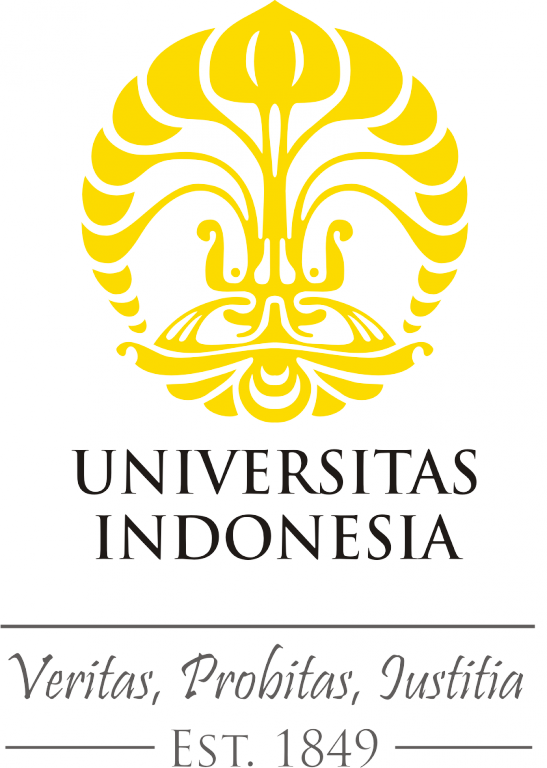
Universitas Indonesia


| Call Number | SEM-213 |
| Collection Type | Indeks Artikel prosiding/Sem |
| Title | OBJECT-ORIENTED METHODOLOGY IN THE FIELD OF AQUATIC ECOSYSTEM MODELLING |
| Author | LADISLAV LHOTKA; |
| Publisher | Technology of object-oriented languages and system Tools 4 |
| Subject | |
| Location |
| Nomor Panggil | ID Koleksi | Status |
|---|---|---|
| SEM-213 | TERSEDIA |
This paper describes and discusses a framework for building object-oriented models of com- plex aquatic ecological systems. The following major is- sues are addressed: (1) separation of time scales for dif- ferent processes; (2) combining continuous and discrete- time (event) processes; (3) appropriate representation of the structural and functional variability observed in ecosystems; (4) requirements on the user interface; (5) provisions for independent development of particu- lar subsystems. The event-oriented strategy is applied to issue (1). In order to enable both (1) and (2), continuous pro- cesses are to be handled asynchronously. This poses some problems if a part of the system's dynamics is described by differential equations. For the issue (3), a mechanism is suggested which at- tempts to find a compromise between standard macro- scopic state variables like population densities (being a clear oversimplification) and reductionistic (individual- oriented) quantities which are infeasible for plankton populations with high abundances. The solution pre- sented here is thus based on aggregation, yet this ag- gregation is not fixed but can be changed during the simulation. Smalltalk is used for demonstrating specific imple- mentation points.